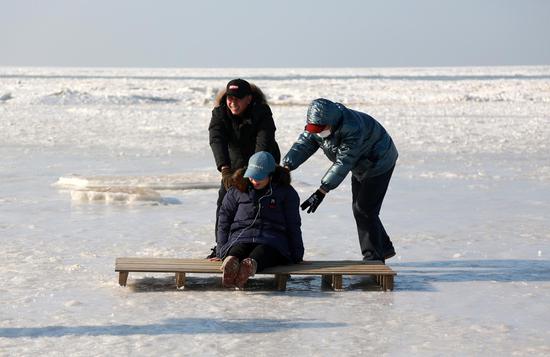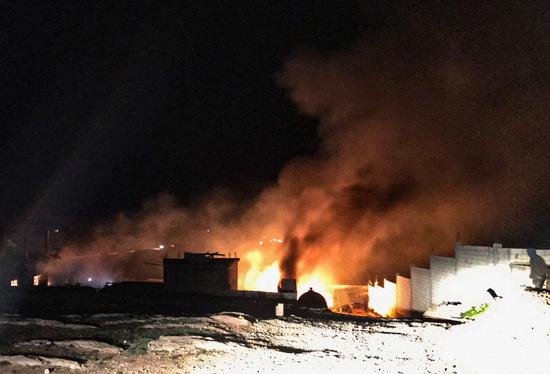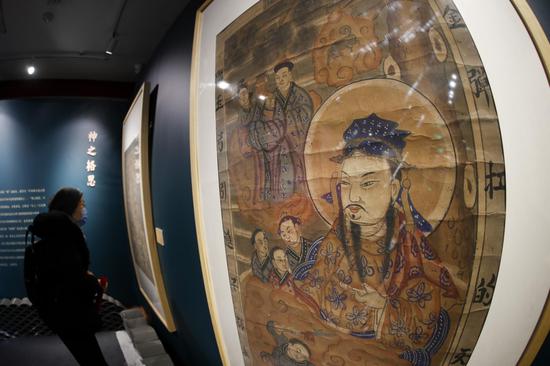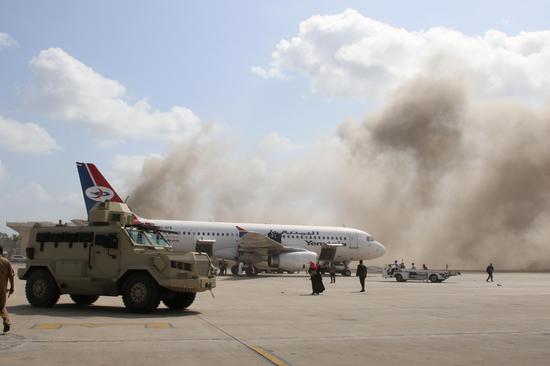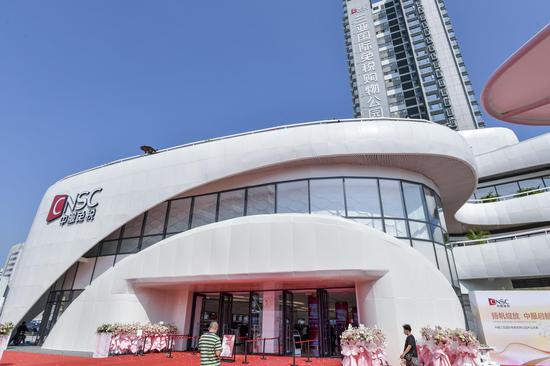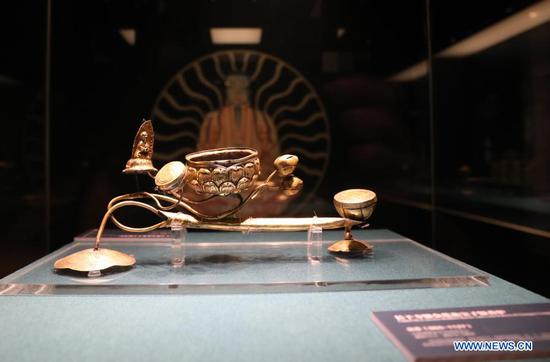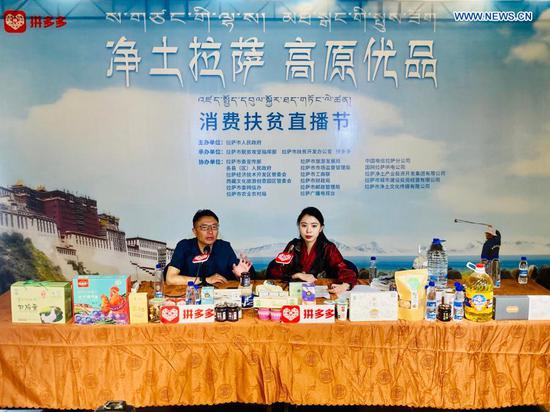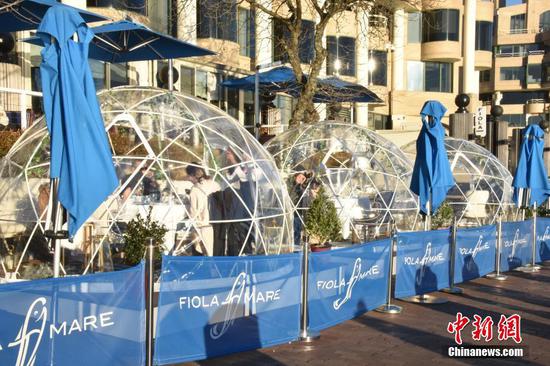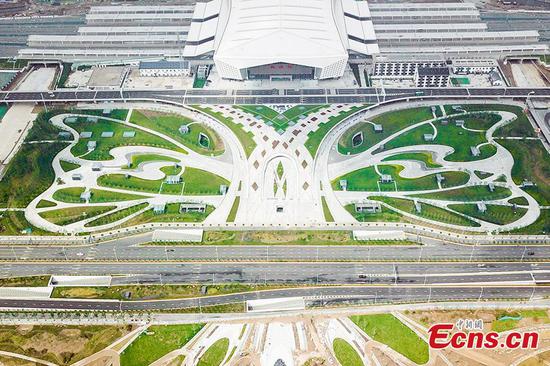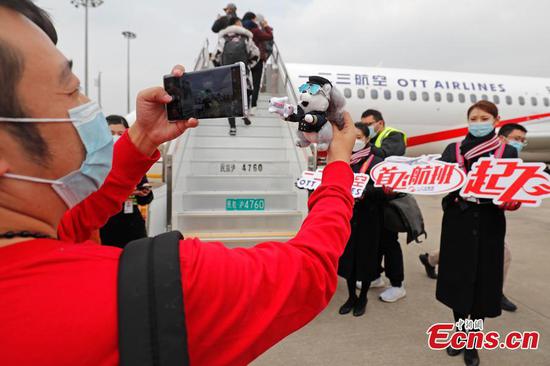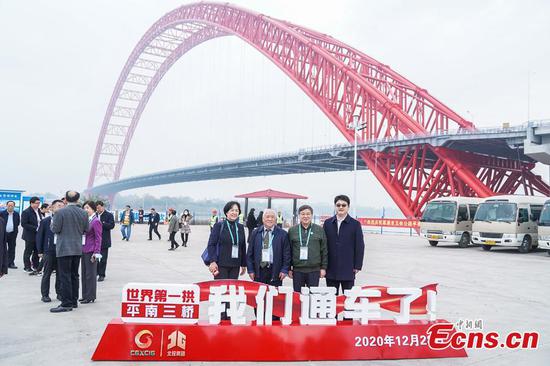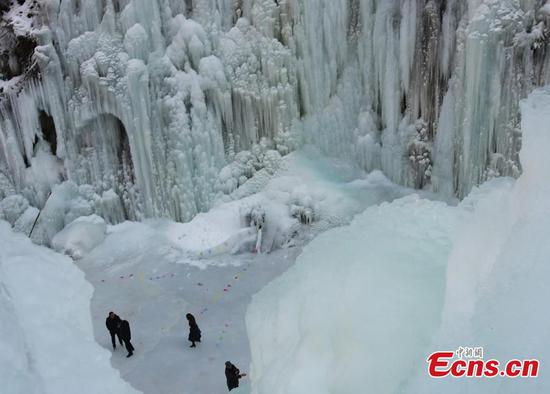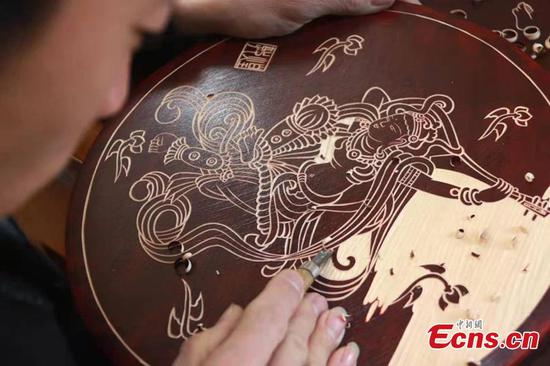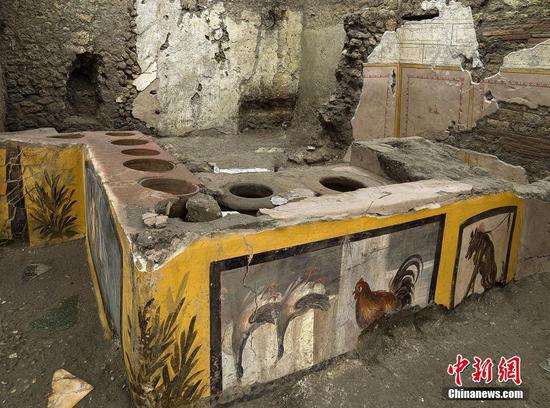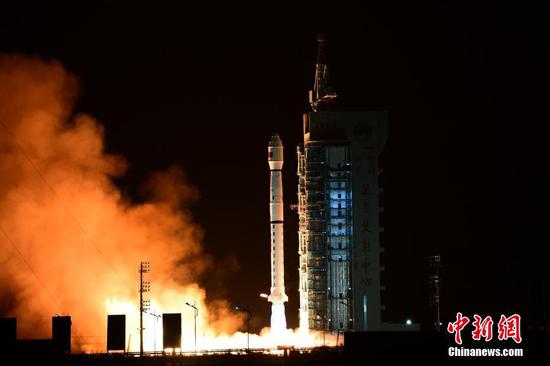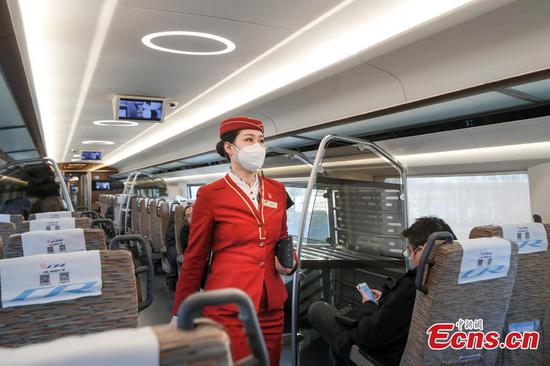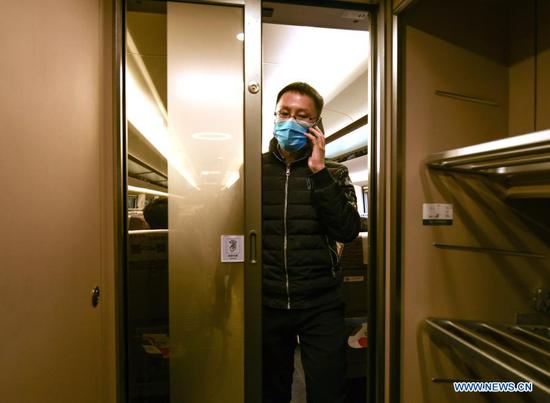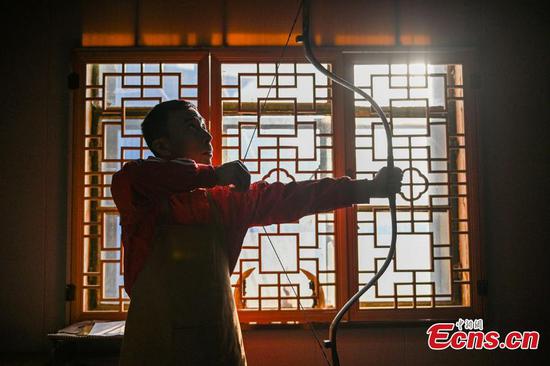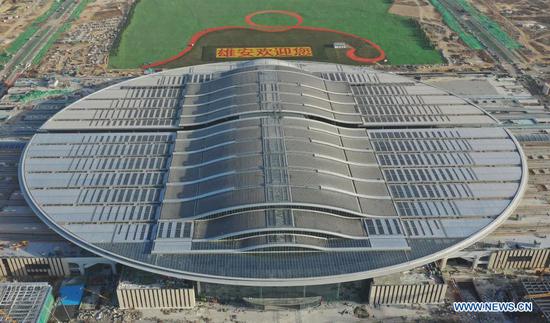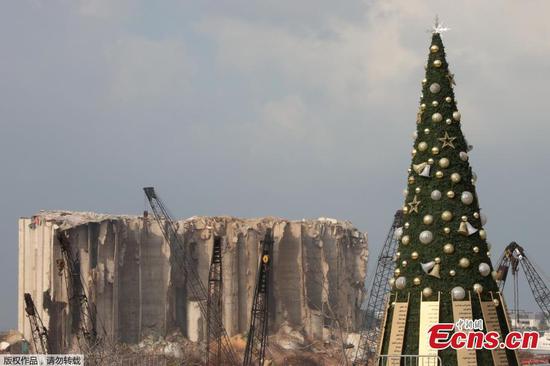The 142.3-kilometer-long HSR project, officially launched in 2016, will connect Jakarta, Indonesia's capital, with Bandung, capital of West Java province. The trains on this line can reach speeds of up to 350 km/hour, potentially shortening the travel time between the two cities from more than three hours to just about 40 minutes.
Construction is expected to be completed by the end of this year. The HSR will be the first of its kind in Indonesia as well as Southeast Asia, boosting regional connectivity and facilitating economic and trade activities.
As one of the key projects under the Belt and Road Initiative, it is China's first contracted overseas HSR project to use Chinese standards, technologies, and equipment.
Chinese suppliers are expected to meet the import demand for all construction and operational aspects of the Indonesian project: technical standards, survey and design, engineering and construction, equipment manufacturing, material supply, operations management and personnel training.
Construction has progressed substantially so far. Several tunnels, a major continuous beam, and the first multi-span rigid frame continuous beam for a bridge have been completed, according to the Xinhua News Agency.
On Dec 15, the No 1 Tunnel was successfully holed through in Jakarta, marking a significant milestone in the project construction work.
With a total length of 1,885 meters, the tunnel will play a crucial role in the completion of the HSR construction. The long-length steel rails are key materials for the project construction to proceed.
In 2017, Pangang Group won the exclusive supply contract of the Jakarta-Bandung HSR project after a fierce international bidding competition. It attributed its success to the excellent cost performance of its steel rail products.
The company started producing 100-meter HSR rails that can withstand train speeds of up to 350 km/hour as early as in 2005. Since then, it has been upgrading its production equipment, and research and development facilities, with digital technologies.
China's HSR prowess is a global trendsetter, given the country's lead in technology, safety, reliability, compatibility and cost performance, Sun Zhang of Tongji University told Yicai, adding that the Chinese companies' construction cost works out to only 40 percent of foreign firms'.
Sun Yongfu, an academician of the Chinese Academy of Engineering, told Yicai that the world's railway demand will be about 120,000 km to 150,000 km before 2040, including 15,000 km to 30,000 km of HSR.
Since China completed the construction of its first overseas high-speed railway in Turkey in 2014, which runs between Ankara and Istanbul, its technology and expertise have been exported to many countries, including Indonesia, Thailand and Malaysia.
Despite huge demand globally for new HSR lines, China's related exports face rising international geopolitical risks, market entry barriers, and fierce competition.










